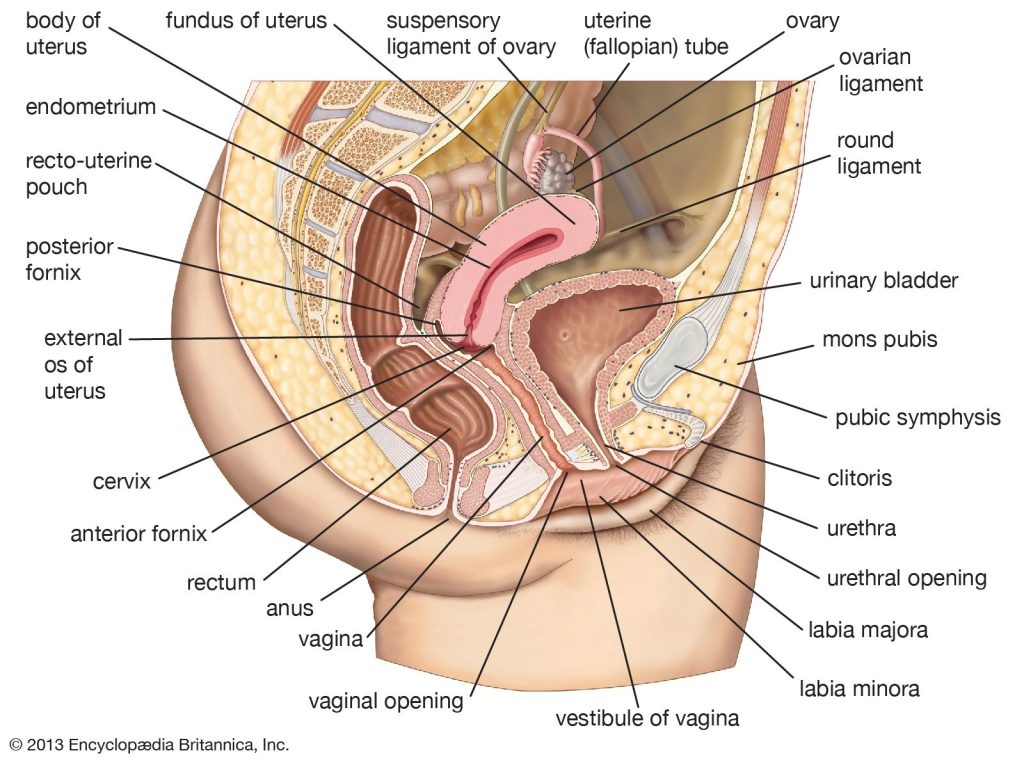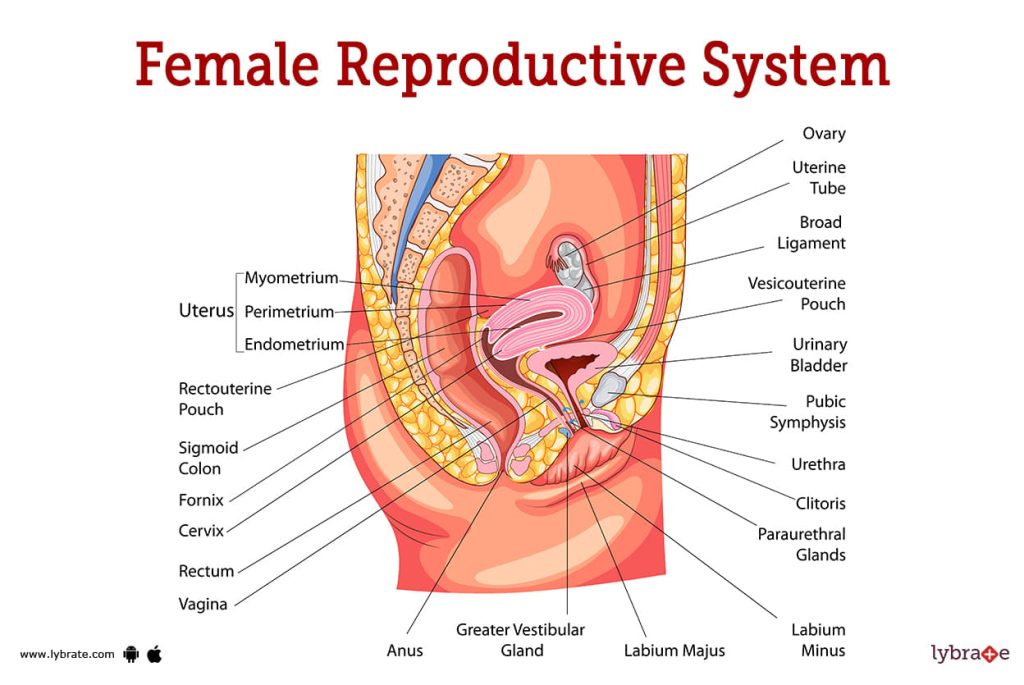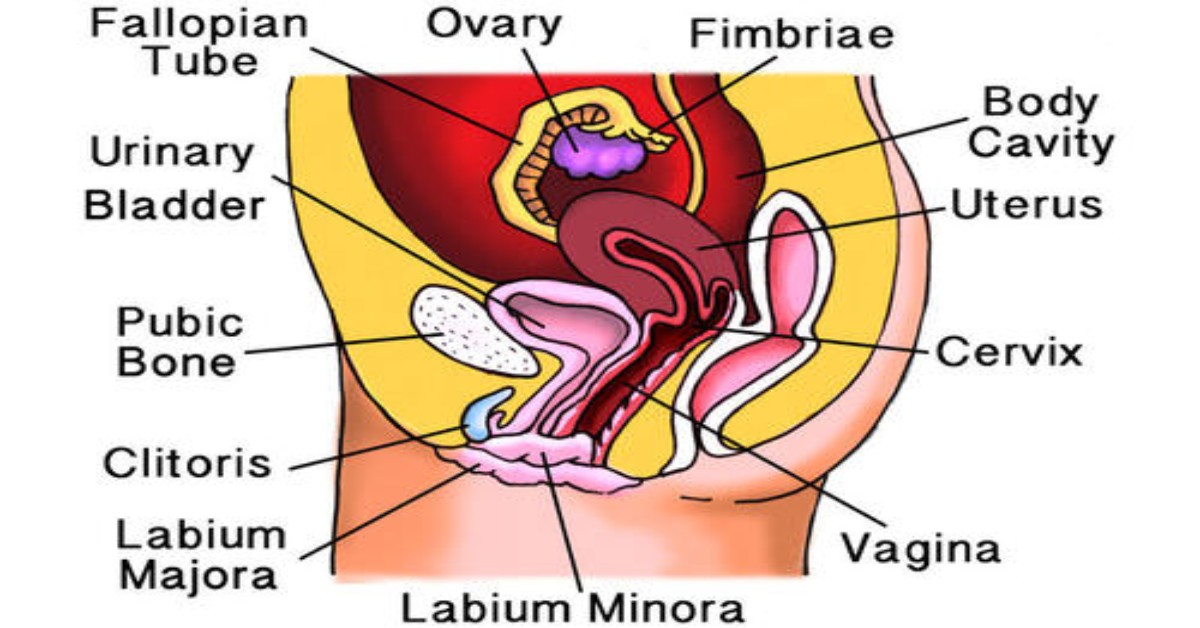Creating a healthy environment for your uterus is crucial for overall reproductive health. The foods you consume play a significant role in maintaining its functionality and well-being. Here, we’ll explore some science-backed foods and lifestyle tips that can help sustain a healthy uterus, so you can thrive!
Nutrient Powerhouses for Uterine Health
1. Leafy Greens
Examples: Spinach, kale, and Swiss chard
Packed with vitamins A, C, and K, leafy greens are essential for maintaining hormonal balance and reducing inflammation. The high iron content also supports healthy blood flow, which is crucial during menstruation.
2. Berries
Examples: Blueberries, raspberries, and strawberries
Rich in antioxidants and vitamins, berries help combat oxidative stress and inflammation. Their natural sweetness makes them a perfect addition to smoothies, yogurt, or salads!
3. Nuts and Seeds
Examples: Walnuts, almonds, flaxseeds, and pumpkin seeds
These nutrient-dense powerhouses are rich in omega-3 fatty acids, magnesium, and zinc, all of which are vital for hormonal balance and overall reproductive health. Incorporate them into your diet as snacks or toppings for your meals.
4. Healthy Fats
Examples: Avocados, olive oil, and fatty fish
Healthy fats are crucial for hormone production. Omega-3 fatty acids found in fish like salmon and sardines help reduce inflammation and support a healthy reproductive system. Don’t shy away from adding avocados and olive oil to your meals for a dose of healthy fats.
5. Whole Grains
Examples: Quinoa, brown rice, and oats
Whole grains provide essential fiber, which helps maintain a healthy digestive system and stabilizes blood sugar levels. Fiber is also linked to the reduction of estrogen levels, which is beneficial for hormonal health.

6. Cruciferous Vegetables
Examples: Broccoli, cauliflower, and Brussels sprouts
These veggies help the body detoxify and metabolize estrogen effectively, promoting hormonal balance. They’re also packed with vitamins and minerals essential for overall health.
7. Legumes
Examples: Lentils, chickpeas, and black beans
Rich in protein and fiber, legumes support sustained energy levels and hormonal balance. They also contain iron and folate, which are vital for reproductive health.
Lifestyle Tips for Sustaining Uterine Health
1. Stay Hydrated
Drinking plenty of water keeps your body hydrated and helps maintain healthy blood flow. Aim for at least 8-10 glasses of water a day.
2. Prioritize Regular Exercise
Regular physical activity improves circulation, supports hormonal balance, and can help reduce stress and inflammation. Aim for at least 150 minutes of moderate-intensity exercise, such as brisk walking or cycling, each week.
3. Manage Stress
Chronic stress can lead to hormonal imbalances affecting your menstrual cycle and overall reproductive health. Practice stress-reducing techniques like yoga, meditation, and deep-breathing exercises.
4. Get Adequate Sleep
Sleep is vital for hormonal regulation. Aim for 7-9 hours of quality sleep each night to support your body’s natural functions, including hormonal balance.
5. Limit Processed Foods and Sugars
Minimize consumption of processed foods, refined sugars, and unhealthy fats, which can lead to inflammation and hormonal disruptions. Focus on whole, nutrient-dense foods instead.
6. Consider Herbal Supplements
Certain herbs, like ginger, turmeric, and chasteberry (Vitex), can help promote uterine health. Always consult a healthcare professional before adding new supplements to your routine.
7. Regular Check-ups
Schedule regular visits with a healthcare provider to monitor your reproductive health. Early detection of issues can lead to better outcomes.

Conclusion
A healthy uterus is essential for overall reproductive health, and it all starts with the food you eat and your lifestyle choices. By incorporating these nutrient-rich foods and practical tips into your daily routine, you can nurture your body and support a healthy reproductive system. Remember, every small change matters on your journey to optimal wellness!
Invest in your health today—your body will thank you tomorrow!




